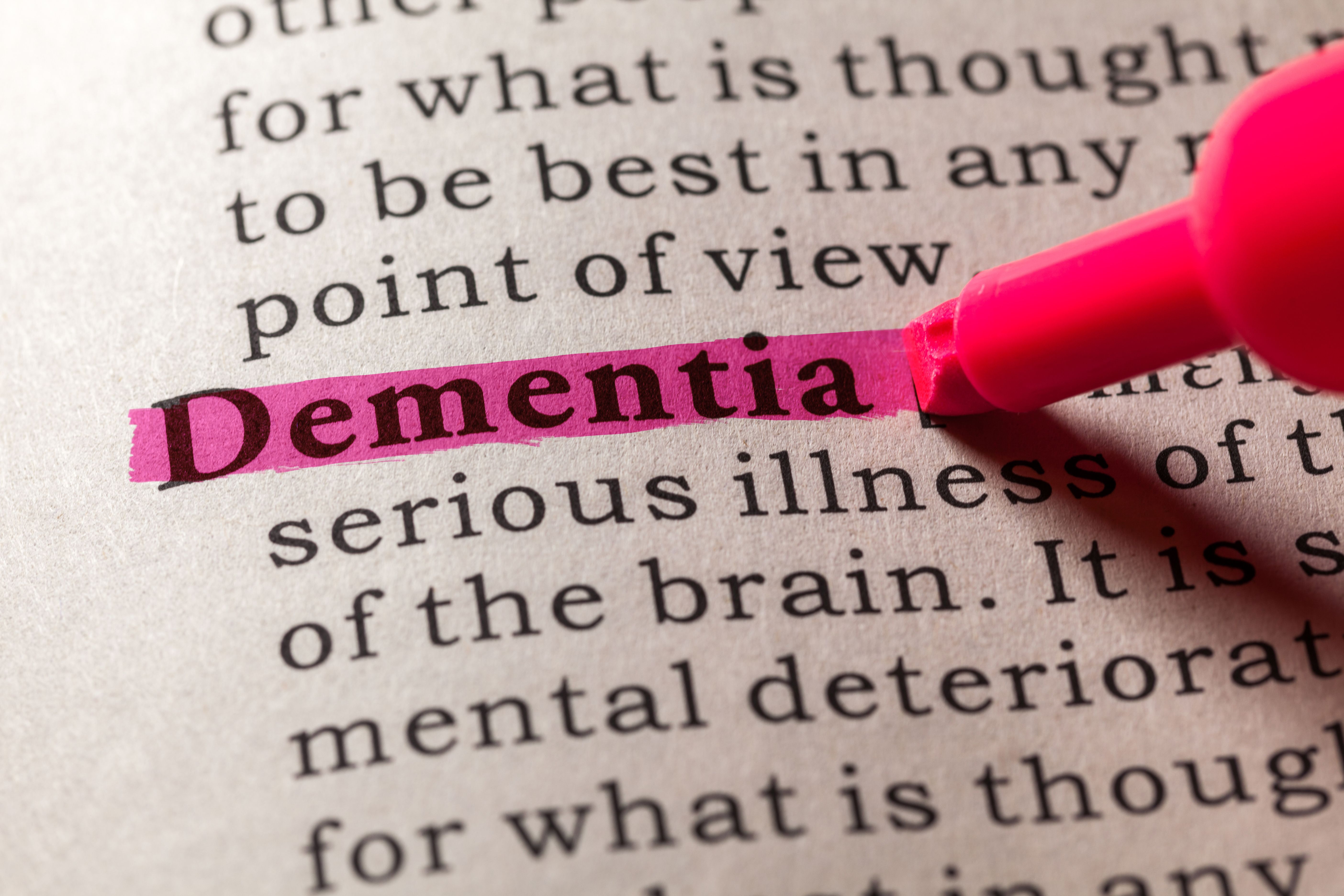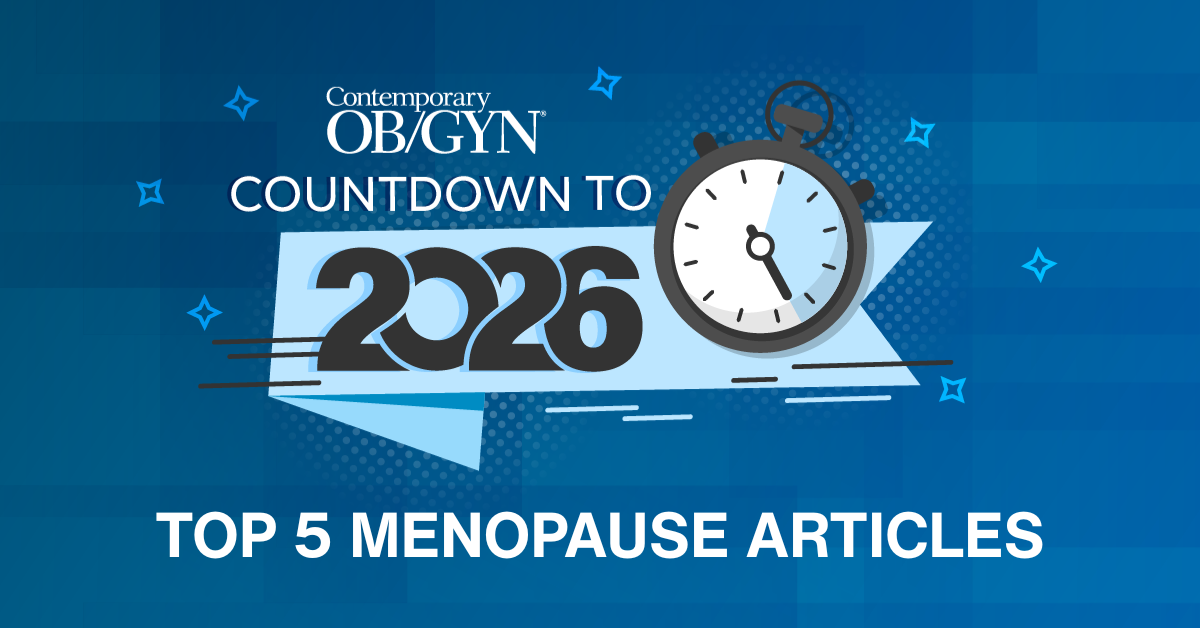
Life Transitions
Latest News
Latest Videos

Shorts






CME Content
More News

Higher waist-to-hip ratio was linked to poorer cognitive performance in early postmenopause, though it did not alter hormone therapy effects.

FDA updates labeling for menopausal hormone therapy, removing broad boxed warnings and adding guidance for younger symptomatic patients.

A study found that taking as few as 4000 steps per day on just 1 to 2 days each week significantly reduces mortality in women aged 62 years and older.

Explore innovative menopause management strategies for BRCA carriers, including testosterone therapy, to alleviate symptoms and enhance quality of life.

Research at The Menopause Society 2025 meeting highlighted safety, education, and individualized care in menopause management.

Experts highlight education, equity, and access gaps in vasomotor symptom care, calling for stronger clinician training and awareness.

Experts discuss updates in the management of vasomotor symtpoms in menopause, including unmet needs, quality of life impacts, and new therapies.

Erin Donnelly Michos, MD, discusses optimizing cardiovascular disease prevention in women through earlier risk assessment and tailored management.

Earlier menopause accelerates memory decline in women with APOE ε4 or inflammation, highlighting sex-specific Alzheimer disease risk factors.

Estrogen decline during menopause alters fat, muscle, and lipid metabolism; multimodal lifestyle strategies help reduce cardiovascular risk.

Early intervention during perimenopause can prevent long-term osteoporosis through timely screening and intermittent therapy strategies.

A systematic review found estrogen-based hormone therapy did not consistently reduce anxiety or depression in midlife women.

A new study finds that earlier menopause and reduced cardiac function may together worsen brain health, highlighting dementia risk factors.

Cynthia Stuenkel, MD, reviews diagnosis, management, and fertility considerations in women with primary ovarian insufficiency.

CBT adapted for menopause shows benefits for vasomotor symptoms, mood, and sleep, according to Danette Conklin, PhD, at The Menopause Society.

Elinzanetant shows a strong safety profile with no liver toxicity and minimal side effects in menopausal women with vasomotor symptoms.

Women with early natural menopause face a 27% higher risk of metabolic syndrome, underscoring the need for early cardiometabolic screening.

A study finds postmenopausal women have higher rates of dry eye disease, emphasizing the need for routine screening in clinical practice.

Levonorgestrel IUD offers localized progesterone delivery for endometrial protection during hormone therapy, with minimal systemic effects.

Melissa Mauskar, MD, discusses overlapping vulvar conditions, patient counseling, and the importance of multidisciplinary care

Real-world data show fezolinetant improves vasomotor symptoms, sleep, and work productivity in postmenopausal women.

At The Menopause Society Annual Meeting, Caroline Mitchell, MD, MPH, emphasized individualized, evidence-based care and the safety of topical hormones for GSM.

Starting estrogen therapy in perimenopause was associated with reduced risks of breast cancer, heart attack, and stroke, study shows.

A new study found that transdermal hormone therapy may lower anxiety and depression risk compared with oral therapy in postmenopausal women.

Menopause remains a taboo topic in many cultures, yet women seek to educate themselves and support each other through shared experiences.












